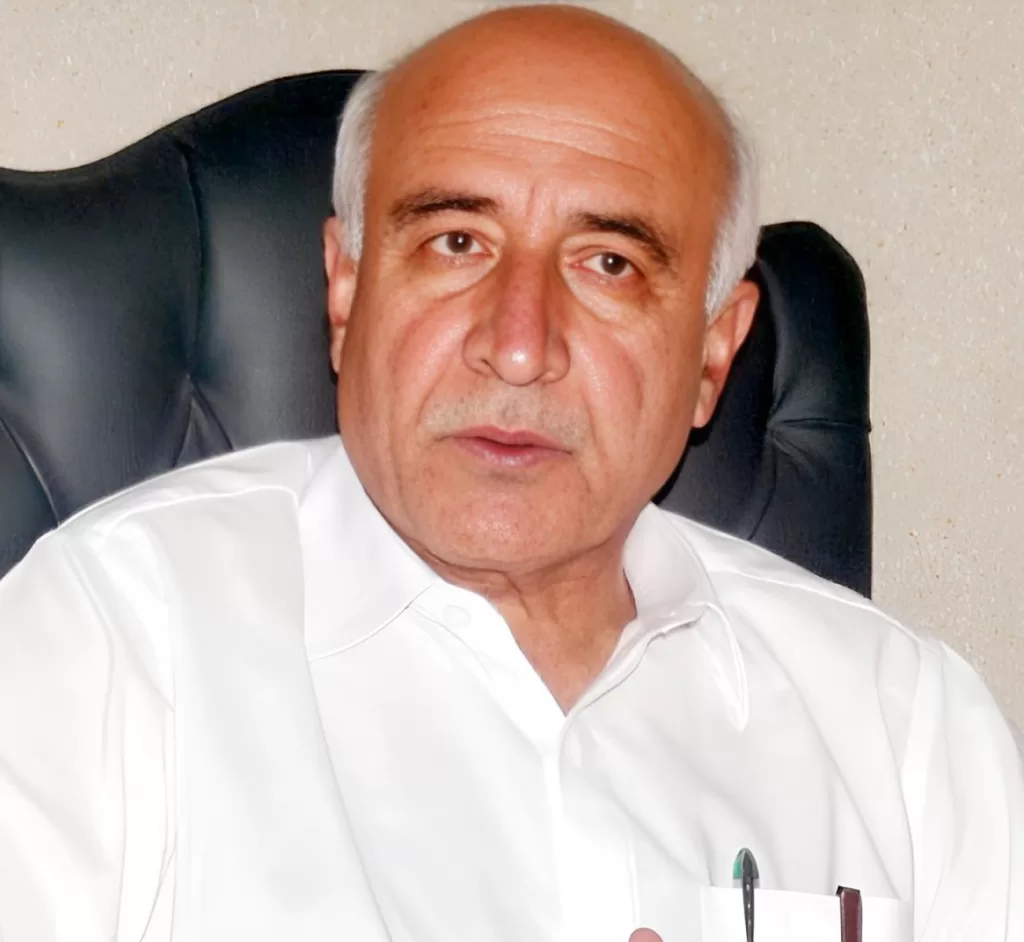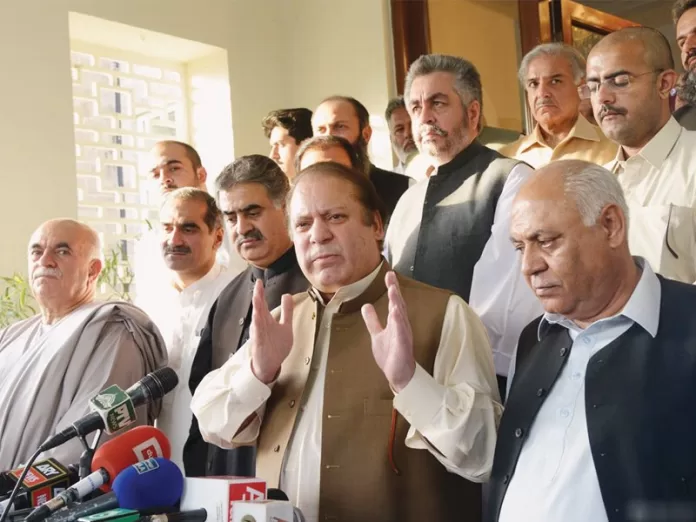Participation of overwhelming majority of the people of Balochistan in the electoral process indicates that the province is back to the flock of Pakistani nation-hood. Now it’s a matter of consolidating these political gains and converting them into a viable plan of action; indeed a task easier said than done. Political gains achieved through the elections are of monumental significance; these are fragile, yet not reversible.
Electoral enthusiasm in Balochistan had sent dooms day message to the marginalised outfits which rely on militancy to keep a perpetual fear of insecurity intact in the largest province of Pakistan. Their pay masters also got worried. To show their presence, these entities were quick to react. Mind boggling incidents of terrorism in Quetta on June 15, which took a heavy toll of precious lives and a historic structure of intrinsic value came as a shock to the entire nation. It disturbs the mind of a common man as these incidents have occurred immediately after the new governments assumed their responsibilities in the province and the centre. Nevertheless, analysts realise that the new system requires time to sink in.
Both the Federal and Balochistan Provincial Governments have been extending olive branch to disgruntled elements in the province urging them to engage in dialogue and discussion. However, mere overtures are not adequate as these do not cater for the entire expanse of the issues confronting Balochistan. Such gestures could work only if the matter is purely internal in nature, devoid of external linkages and strings. Unfortunately, over the years, the Balochistan issue has graduated beyond ‘internal domain’; as of now it is a playing field for multi-directional and multi-purpose proxy wars. Foreign involvement is quite extensive and deep rooted and although the end point operatives are locals, mere goodwill gestures are not likely create desired effects till their financial and logistics related trails are severed.
Marginalised elements are operating under various grandiose brand names of liberation armies. During the 2013 electoral process, they have been rejected by the overwhelming majority, yet these entities are organized enough to create a sense of public insecurity in small pockets of the province. Hitting targets in urban centres and destroying monuments of intrinsic values keeps them in the limelight and projects their capability and capacity disproportionately. They are likely to continue challenging the writ of the state until efforts by the new governments to isolate them politically and then subdue them through law enforcing agencies begin to take effect.
It is, however, encouraging that the present leadership is taking the issue very seriously. Declarations by the Interior Minister to not to hold talks with those who are bent upon carrying out terrorism and the intent of responding to them in the same coin has radiated the appropriate message. From the military leadership side, COAS General Ashfaq Kayani has assured the nation that the armed forces were fully prepared to defend the country against any aggression.
In the context of the international scenario, Pakistan and China’s determination to develop Gwadar port to the standards of a world class port complex and link it to China and beyond through a network of rail and road has invoked sharp reaction from our strategic competitors and the easiest way for them to impede the implementation of this project is to hire local operatives on paltry funding and employ them to perpetuate a sense of insecurity.
In an interesting way, there is convergence of interest amongst our traditional fiends and foes. Pakistan needs to take appropriate steps to alleviate the concerns of Iran and the UAE in this regard. It would be appropriate to manage Gwadar, Chah Bahar and Dubai ports as a ‘port complex’, conjointly by Pakistan, Iran and the UAE. This would put all parties in a win-win situation and put an end to shady external interference from otherwise friendly countries. Nevertheless, interference from India and the US led western interest, pegged around containment of China, is likely to continue. This dimension requires joint handling by China and Pakistan through deft diplomacy, which should radiate a message for these countries to adopt hands off policy towards Balochistan.

The Iran-Pakistan gas pipeline is another reason which is invoking disruptive interference from other countries. The new government has allocated Rs 150 billion for the project in the 2013-14 Budget which has put across the message that the project would be completed within its stipulated time. To offset the IP pipeline related pressures, it is necessary to expand the project to add to the number of beneficiaries. India would any way join the project; it would be worthwhile to invite China and Bangladesh as well. This preposition suits the Chinese and Bangladeshi interest because both are energy deficit countries, desperately looking around for the sources of energy.
The foremost necessity is to take the Baloch people into confidence in the context of these projects and make them stake holder through an arrangement of royalties. Also people friendly infrastructure development projects should be undertaken under the brand of these two projects to show the benefits of the projects to the common people of Balochistan.
Another sticky matter is the issue of missing persons. The Commission of Inquiry on Enforced Disappearances (CIED) headed by Justice (R) Javed Iqbal has done a commendable job by demolishing the politically motivated mythical narratives about missing persons in Balochistan. It is encouraging that out of 1172 cases around 415 have been disposed off, while the remaining 757 cases are still pending with the CIED. There is a need to continue the work till all pending cases are finalized. The Commission has recommended filing of criminal cases against around 117 serving officials of various law enforcement entities and agencies, allegedly involved in missing persons’ cases. To boost the confidence of all segments of the provincial population who presently feel insecure, prompt action should be taken against the personnel of law enforcement agencies towards whom the Commission has pointed the finger of culpability. This way, the people of Balochistan would feel encouraged to extend a helping hand to the security agencies in realizing the cherished objective of restoration of peace and security.
The general public expects that the newly empowered governments would adopt a multi-pronged comprehensive strategy to restore the rule of law rather than patchy quick fixes and childish rhetoric. A strategy must be developed in the best interest of the nation. Wholehearted participation by the people of Balochistan in the electoral process indicates that they are looking forward to make a new beginning towards progress and prosperity. They expect the new governments to act swiftly and effectively.




